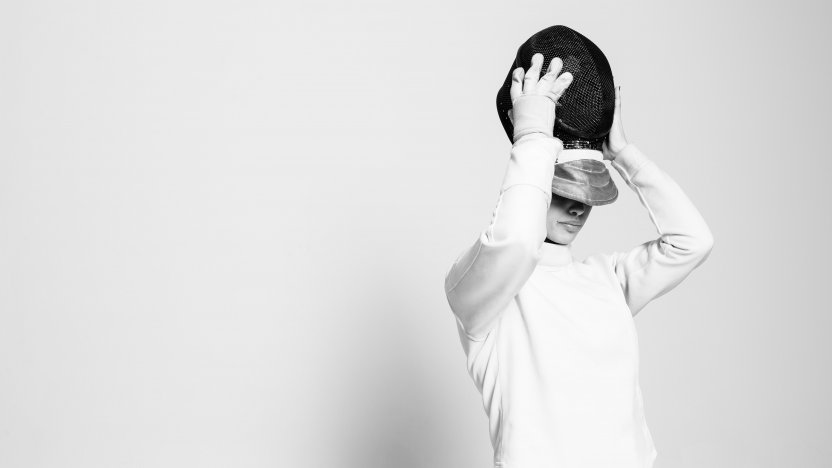Backed by evidence: OutletExpert infringes Expert trademarks

A recent judgement by the District Court of The Hague shows the importance of documenting comprehensive and consistent evidence of trademark and trade name use. Novagraaf’s Anca Draganescu-Pinawin, and Hoogenraad & Haak’s Daniël Haije and Bram Duivenvoorde supported Expert in its dispute against OutletExpert, and set out the company’s successful approach.
Brand awareness surveys, turnover figures and market reports: Do they really matter in proceedings concerning trademark infringement and unlawful use of a trade name? The short answer to this is: yes.
This was vividly illustrated in the recent conflict between Expert, an international retail chain of consumer electronics, and an electronics retailer trading under the name OutletExpert. A notable differentiator in this case was how extensively Expert had documented the strength of its brand name, showing consistent use, over a large territory.
Establishing likelihood of confusion
OutletExpert claimed that the name OutletExpert (right) merely indicated that the store specialised in "outlet products". The District Court of The Hague ruled otherwise, after Expert (below, left)
merely indicated that the store specialised in "outlet products". The District Court of The Hague ruled otherwise, after Expert (below, left)  submitted evidence that its trademarks had acquired a high level of distinctiveness through use.
submitted evidence that its trademarks had acquired a high level of distinctiveness through use.
The District Court found that there was a likelihood of confusion that the public could perceive the name OutletExpert to mean “Outlet of Expert”. The District Court also agreed with arguments that OutletExpert infringed Expert’s trade name.
The quality of evidence supplied by Expert to show the reputation of its trade name in the Netherlands was highly relevant once again. The company was able to show that use of the name OutletExpert raised a serious risk that the public would think OutletExpert was affiliated or connected in some way to Expert. The result of the ruling is that OutletExpert must now change its name.
A consistent and comprehensive approach
A hallmark feature of Expert’s marketing strategy is consistency of branding. This is a valuable asset in any trademark dispute as, should evidence need to be collected to prove use or reputation of the brand, those materials will show the brand being uniformly used. However, this wasn’t the only reason why the evidence submitted by Expert was so compelling. The materials were also extremely comprehensive.
Not only did Expert submit convincing brand awareness surveys, it also provided independent market reports, turnover figures and market share statistics, as well as evidence of its marketing efforts. The evidence related not just to the reputation of the Expert trademarks in the Netherlands, but also to the reputation of those trademarks in several other EU member states. Moreover, much of the evidence was backed up by third-party sources.
The case illustrates once again the importance of documenting the work of marketing and branding teams. By capturing and quantifying that output, a business will also find itself in a stronger position should it ever need to bring a claim to court.
IP and marketing: A combined force
IP and marketing may sit in different areas of a business, but both disciplines play a key role in building and supporting business success. Viewed together, the two functions can be mutually reinforcing, with a thoughtful IP strategy supporting a measured approach to marketing, and vice versa.
Effective marketing helps to establish and manage a business’ position within a competitive environment. From this standpoint, marketing shares the same goal as the IP department. By working together, both disciplines can strengthen brand value and help a company to fortify its presence in its chosen market.
Anca Draganescu-Pinawin is IP Counsel at Novagraaf Switzerland and external IP counsel for Expert International GmbH.
Daniël Haije is Partner and Bram Duivenvoorde, Senior Associate, at Hoogenraad & Haak, which represented Expert in this case.